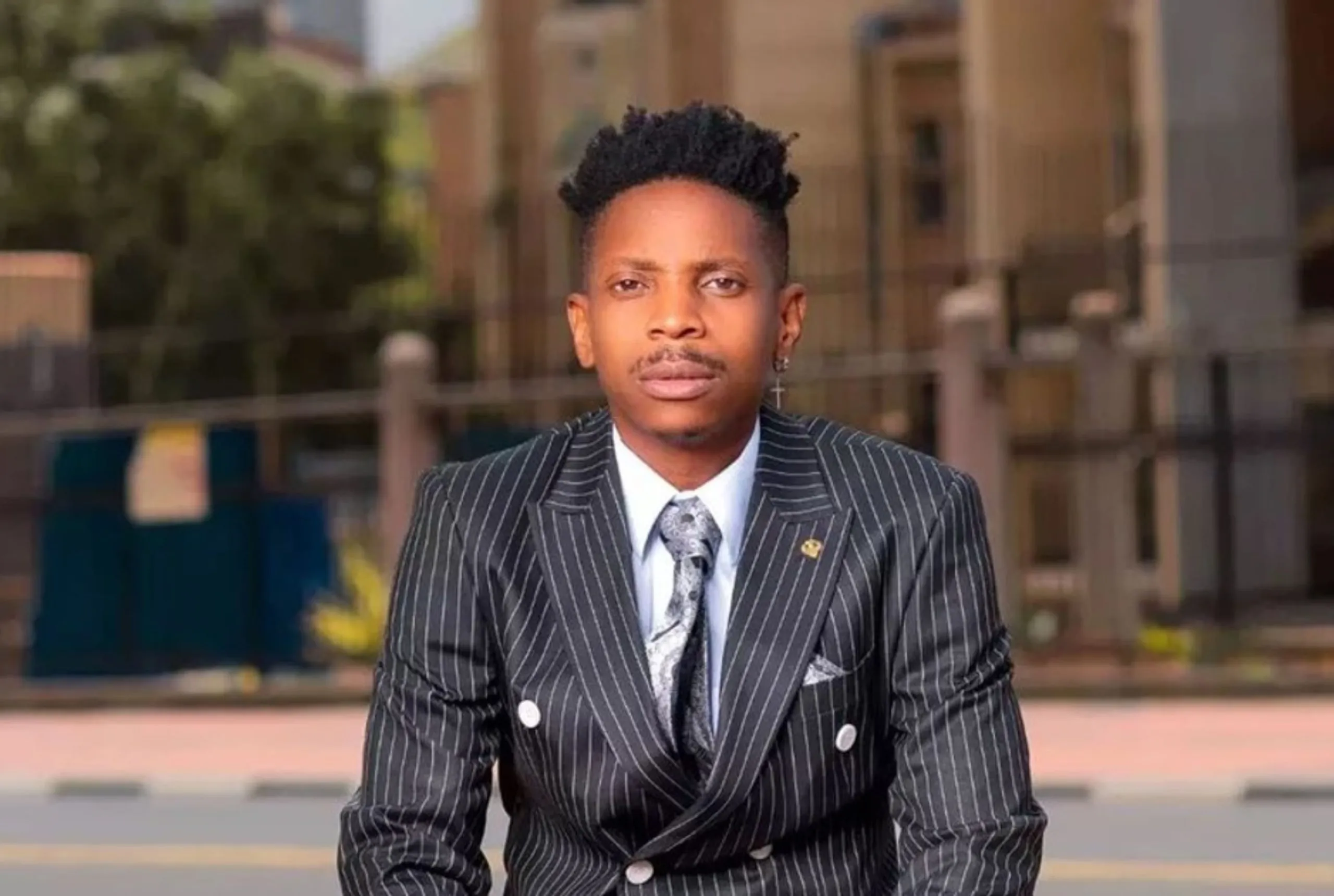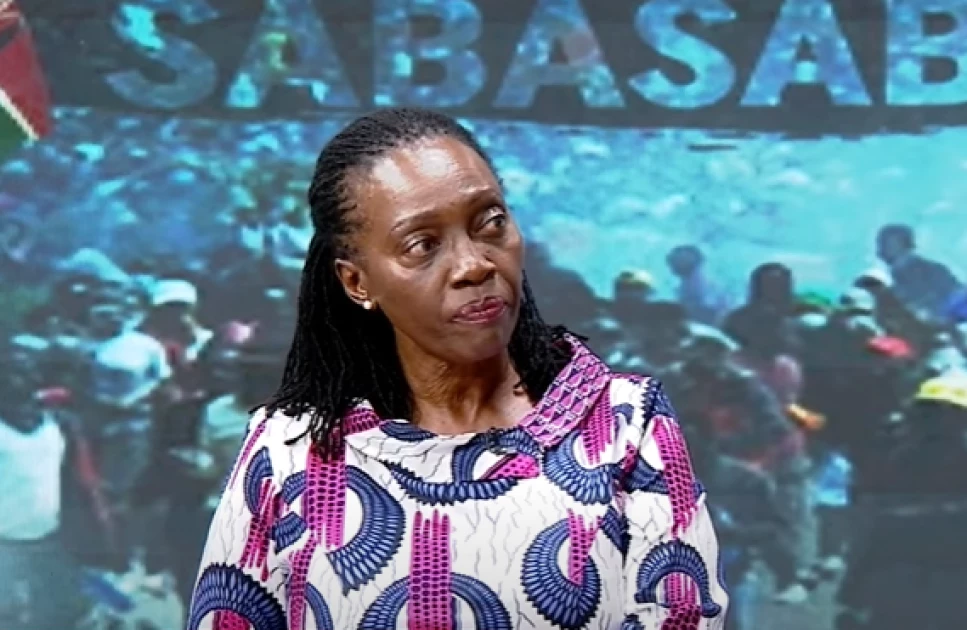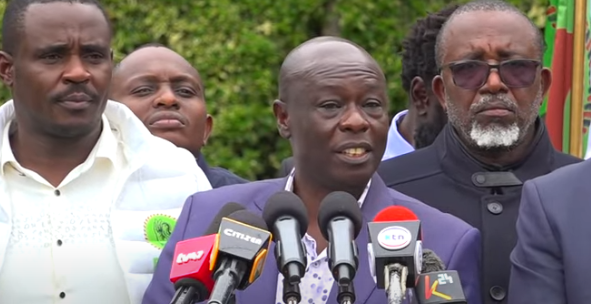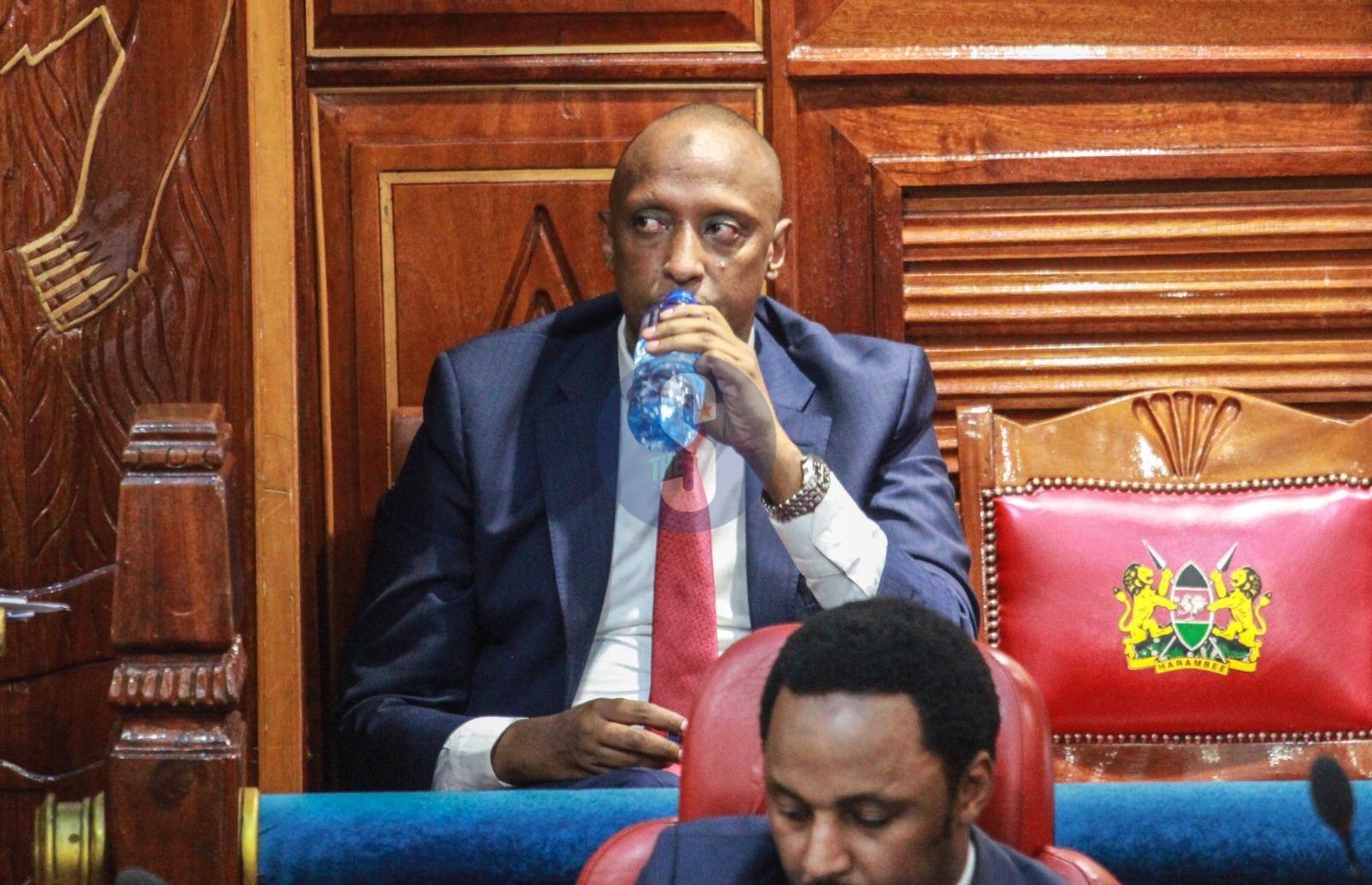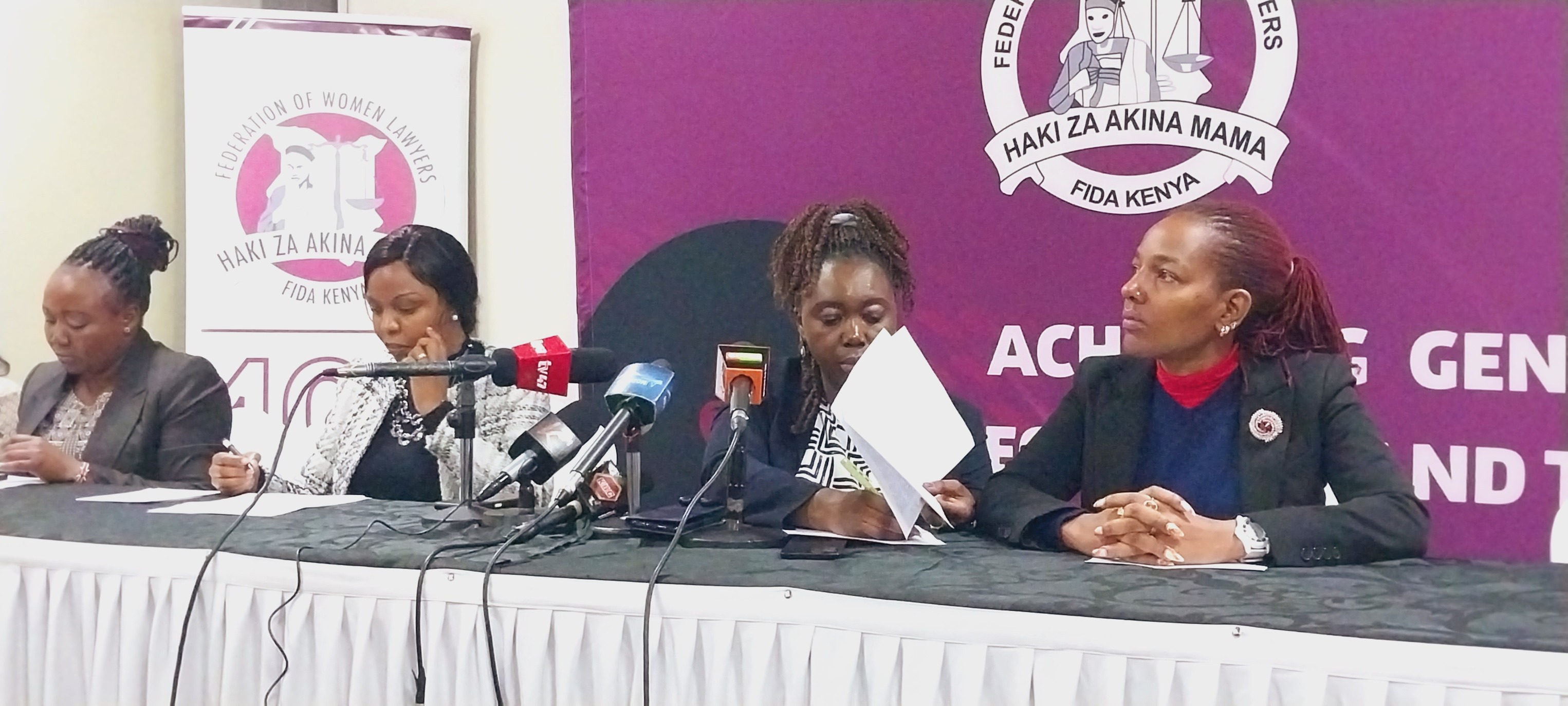Tears and Bullets: 12-Year-Old Bridgit Njoki Killed Inside Her Home During Saba Saba Protests
Twelve-year-old Bridgit Njoki was fatally shot inside her home during the Saba Saba protests in Kiambu, with a post-mortem confirming a bullet wound to the head. The bullet was recovered and handed to IPOA for investigation. Her family and rights groups are demanding justice and police accountability.
Lucy Ngugi, mother to 12-year-old Bridgit Njoki who was killed by a stray bullet while watching TV at home during Saba Saba protests in Kiambu, overcome with grief upon receiving post mortem results.
Posted by TV 47 Kenya on Wednesday, July 9, 2025
The tragic death of 12-year-old Bridgit Njoki Wainaina has sent shockwaves across the nation after an autopsy confirmed she died from a gunshot wound to the head. The post-mortem, conducted by Dr. Mulu of the Independent Medico-Legal Unit, revealed that the bullet was lodged in her skull. The projectile has since been retrieved and handed over to the Independent Policing Oversight Authority (IPOA) for further investigation.
Bridgit was fatally shot on July 7, during the Saba Saba protests, while inside her family’s home in Ndumberi, Kiambu County. The child was reportedly watching television with her parents that moment when a bullet—allegedly fired by police confronting demonstrators outside—pierced through the house wall and struck her directly. The innocent girl, caught in the crossfire of a national crisis, died in what should have been the safest place for her—her home.
Her devastated mother, Lucy Ngugi, has called for justice amid overwhelming grief. “I may not get my girl back but let my daughter be the last sacrifice because of maandamano in this country,” she said, tears choking her voice. “She wasn’t even outside. She was inside, where I thought she was safe. What madness is this in our country?”
Bridgit’s death adds to the growing toll of the Saba Saba demonstrations, which have reportedly claimed the lives of over 30 people. The protests, sparked by discontent over government policies, have been marred by violent clashes between civilians and law enforcement.
Organizations such as the International Justice Mission (IJM) have stepped in, vowing to pursue justice not only for Bridgit but for all victims of police violence during the protests. “This loss must not go unanswered,” a representative from IJM stated. “We will follow up this case and others until justice is served.”
Lucy Ngugi has urged the country’s leadership to put an end to the bloodshed. “I want to tell our leaders that there is nothing as painful as burying your own child. Let there be no other mother going through what I am,” she pleaded.
In the midst of national mourning and anger, President William Ruto made a controversial statement on Wednesday. Speaking during the commissioning of a police housing project in Nairobi’s Kilimani area, the President directed police to shoot protesters engaging in looting or property destruction—in the legs.
“Those who burn businesses should not be killed, but shoot them in the legs, let them go to hospital and then to court,” Ruto said. “Destroying people’s livelihoods is unacceptable.”
However, the directive has stirred mixed reactions, with many Kenyans questioning whether such measures might escalate rather than quell the violence. Civil society groups have warned that such policies could embolden further use of force by police.
As the nation mourns young Bridgit, attention now turns to IPOA and other oversight bodies to conduct clear and transparent investigations and hold those responsible accountable. Her death, emblematic of the cost of political unrest, has ignited renewed calls for restraint, dialogue, and justice for innocent victims caught in the crossfire.





